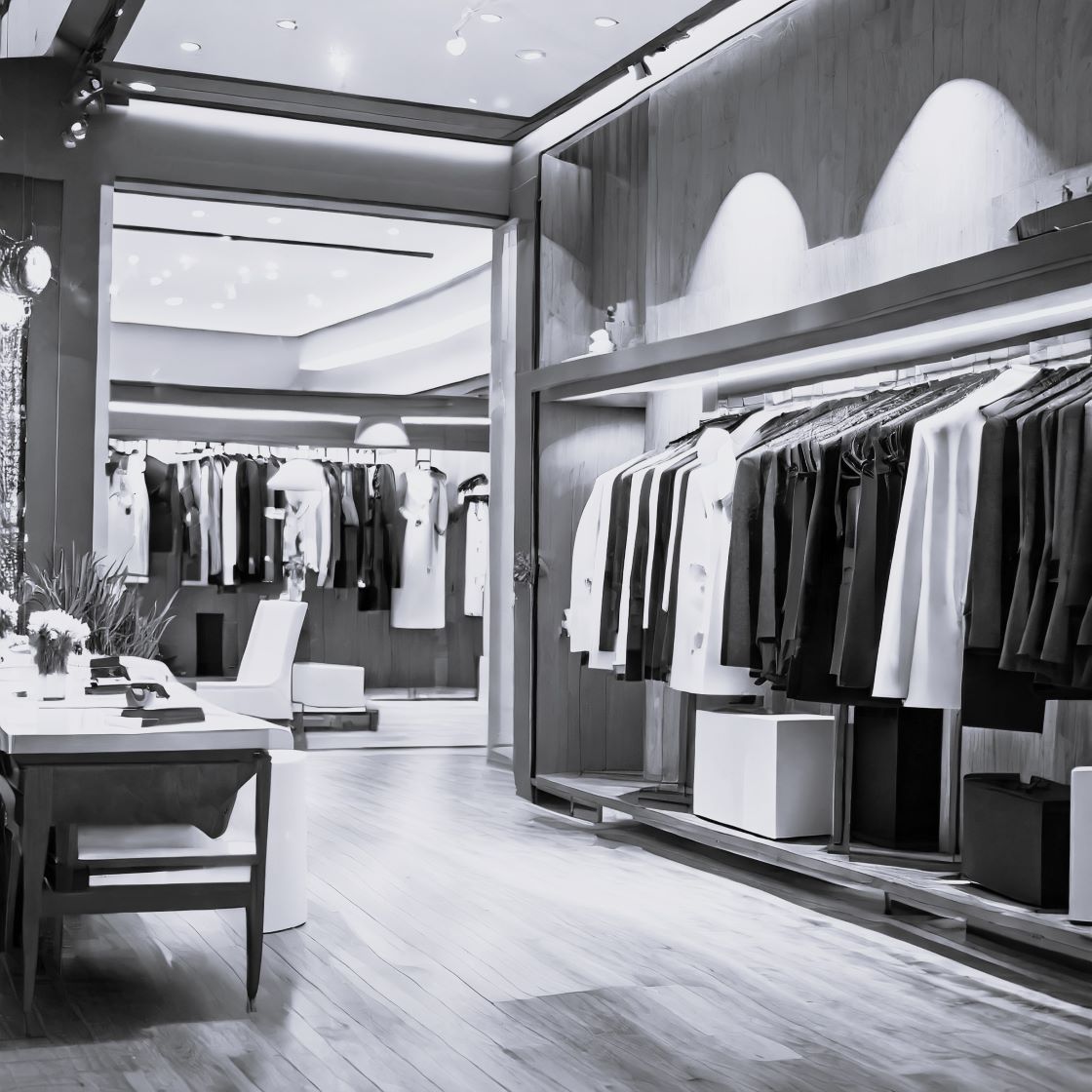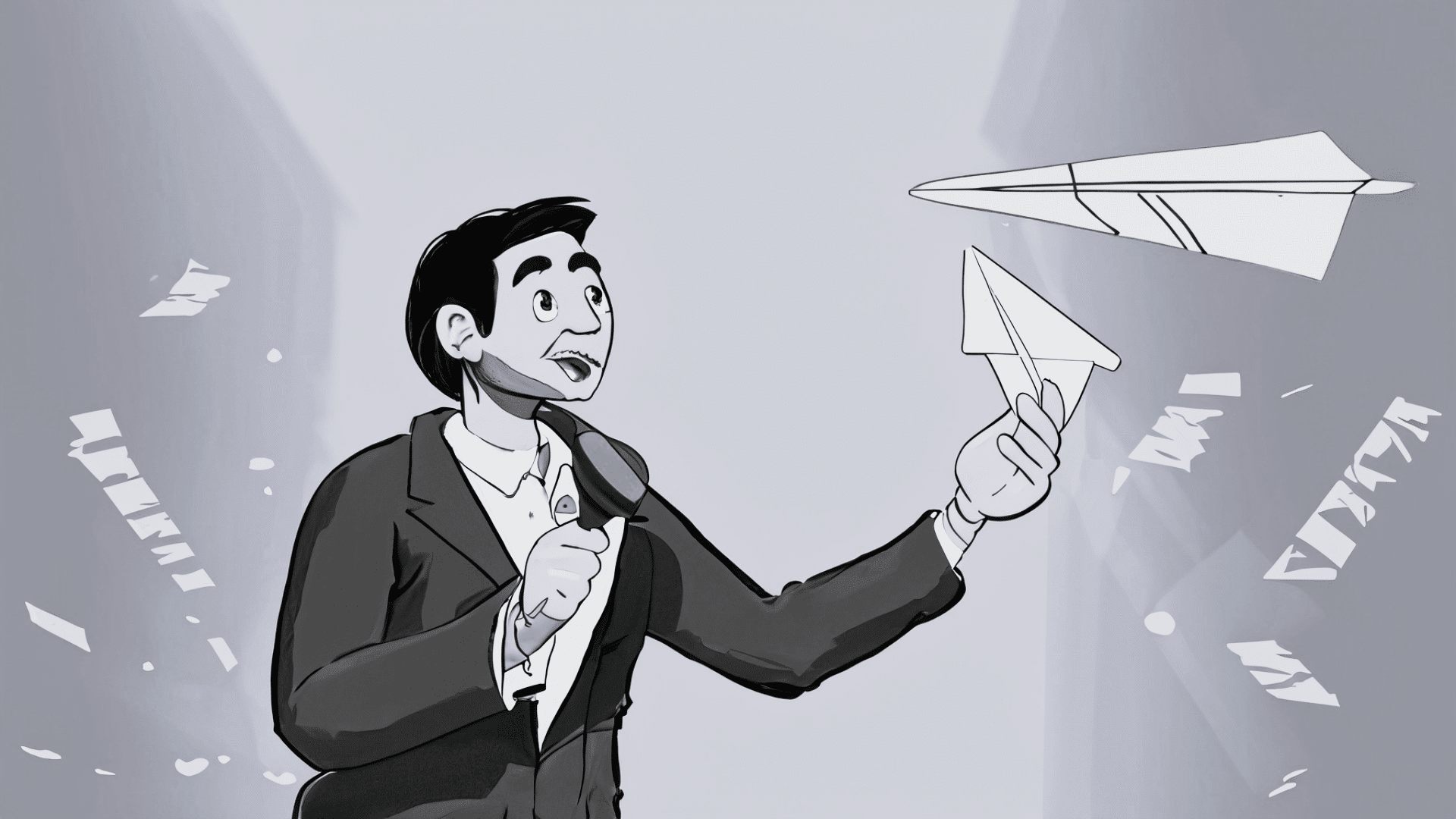

The ‘range effect’ is a practice that can cost companies dearly. On 10 November 2023, the Paris Court of Appeal recalled that a ready-to-wear clothing company can be found guilty of unfair competition if it uses the ‘range effect’ wrongfully.
This concept refers to the fact that a company seeks to copy a given production as a whole, rather than one or more models from another company separately.
A luxury brand accused a prêt à porter brand of selling and promoting items with the characteristics of its flagship models at the same time as its own marketing. This involved a large number of models of bags, waders, wallets, earrings and even pairs of glasses.
Most of the models were from the same collection. The judges held that the ready-to-wear brand was seeking to evoke the luxury brand’s products in the minds of its customers, and to benefit from the investment and reputation of the luxury brand’s products for the sale of its own products.
As a result, the ready-to-wear brand was ordered to pay two million euros in damages. The ready-to-wear brand’s defences were all deemed ineffective. In particular, it was argued that the products had not been commercially successful, that some items were unavailable in France and that they all bore the brand name of the ready-to-wear brand. This is therefore a good reminder of what range effect is, and of the importance of analysing the disputed products as a whole, and not just with regard to individual characteristics.
Range effect is distinct from counterfeiting. Thus, even if a case is dismissed as infringement, unfair competition through the wrongful pursuit of a range effect may still be found. In such a case, each model taken in isolation is not sufficiently similar to the product it replicates to be classified as an infringement, but certain specific products have been associated, no matter how commonplace, by, for example, using certain colour codes from another brand’s clothing labels. This ultimately creates a risk of confusion when the items in a collection are taken as a whole.
Cassandre Piffeteau & Anaïs Léger



